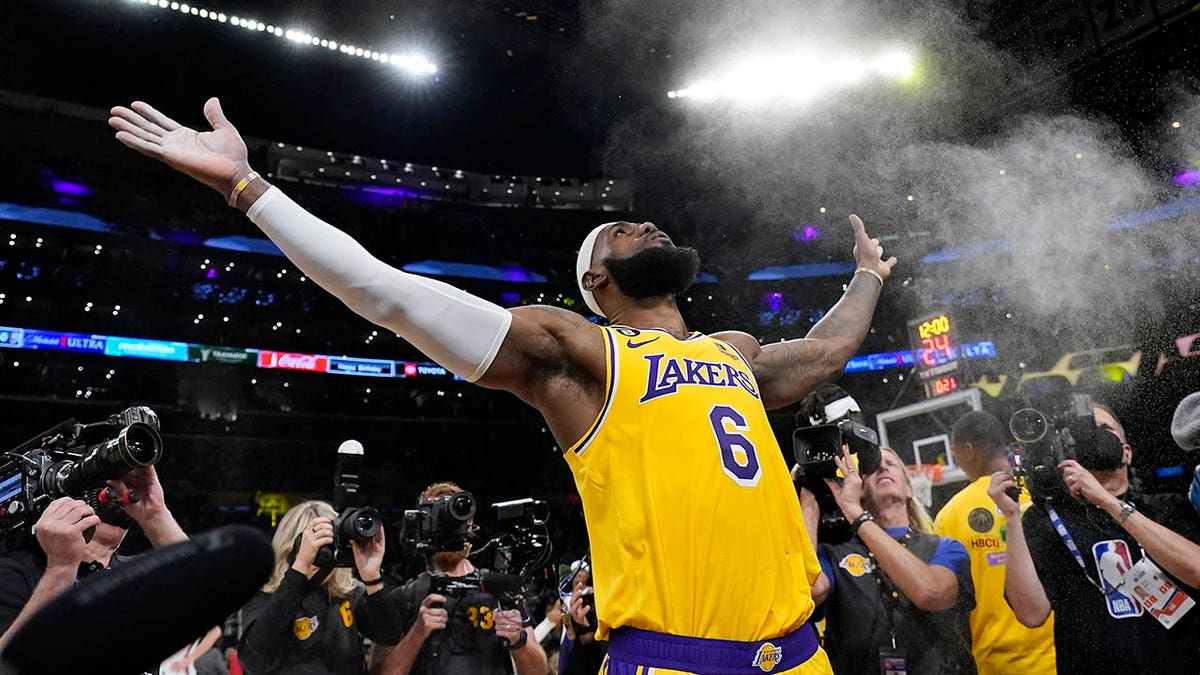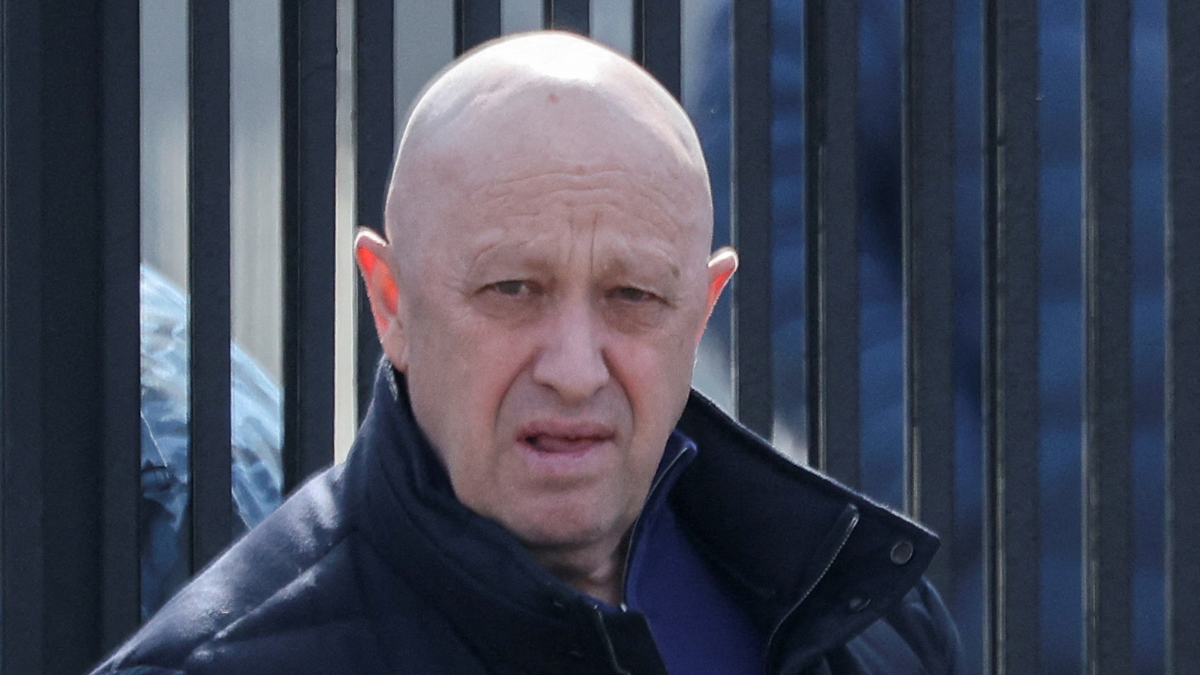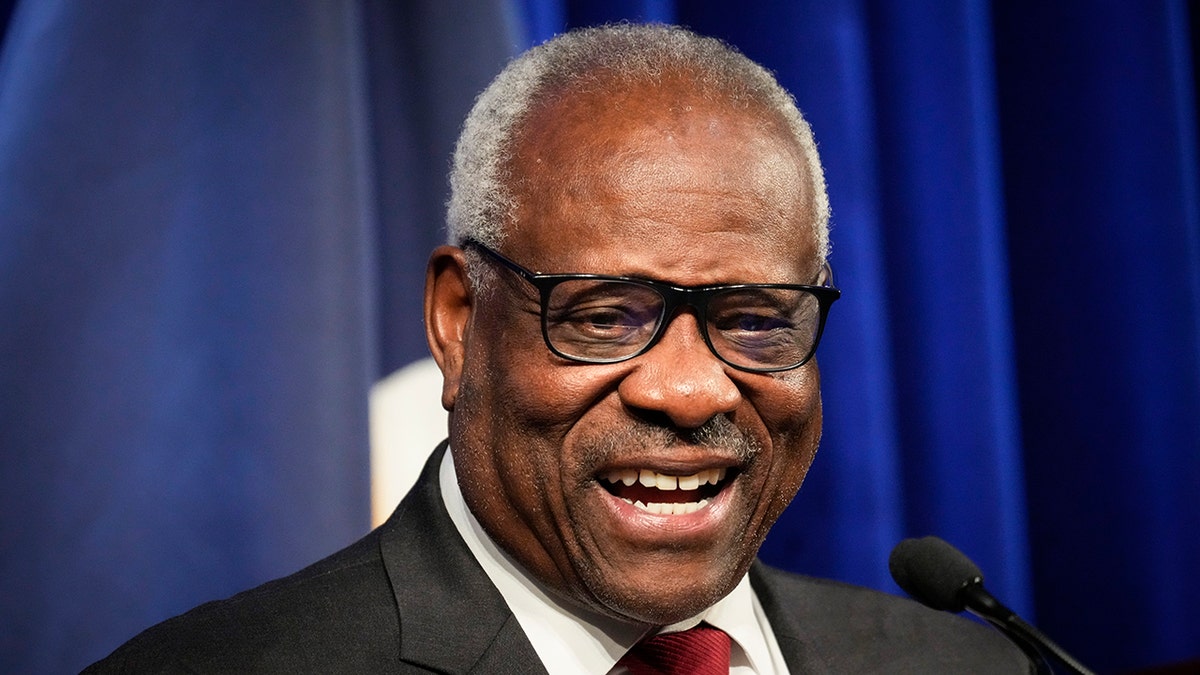Former President Trump's recent conversation with Russian President Vladimir Putin has triggered significant repercussions across Ukraine and Europe, generating a mixture of apprehension and bewilderment. The phone call, which signaled a potential shift in U.S.-Russia relations, has effectively elevated Putin's standing on the global stage, reversing his previous status as an international outcast.
This move has understandably been met with enthusiasm in Russia, where direct negotiations with the U.S., bypassing Ukraine, have long been a primary objective. This development raises concerns that Putin might achieve this goal. Meanwhile, in Ukraine, there is a palpable sense of unease and uncertainty.

A former high-ranking Ukrainian official expressed their perplexity at Trump's decision to concede two crucial negotiating points—NATO membership for Ukraine and territorial disputes—even before formal discussions have commenced. This action has raised questions about the former president's negotiation strategy and overall objectives regarding the conflict.
The prevailing fear among Ukrainians is that Trump now prioritizes restoring relations with Russia over supporting Ukraine. This sentiment is further fueled by signals from Russian officials indicating their unwillingness to cease hostilities unless their demands are met. Negotiations may commence, but the fighting is likely to persist.

Following his discussion with Putin, Trump also engaged in a conversation with Ukrainian President Volodymyr Zelenskyy. Zelenskyy cautioned against marginalizing Ukraine in any negotiations and emphasized the importance of involving Europe in the process. He stressed that Ukraine will not accept any agreements made without its direct participation.
This viewpoint has been echoed by some European leaders, who have expressed concerns about the potential implications of Trump's concessions to Putin before the start of negotiations. German Defense Minister Boris Pistorius and Estonian Defense Minister Hanno Pevkur have voiced their reservations, emphasizing the importance of not granting Russia any leverage before discussions begin.
While the situation is undoubtedly serious, it isn't necessarily catastrophic for Ukraine. Trump's stance on the conflict has been known for some time, and recent statements by U.S. Defense Secretary Pete Hegseth haven't significantly altered the existing landscape. Hegseth's assertion that a full restoration of Ukraine's pre-war borders and NATO membership are unrealistic objectives aligns with the understanding of many within Ukraine.
The key concern for Ukrainian officials is securing robust security guarantees that prevent future Russian aggression. Continued military aid and support from the U.S. and Europe after a ceasefire, coupled with a strengthened Ukrainian military, are seen as crucial deterrents. Trump's commitment to continued support for Ukraine to prevent a Russian victory offers a glimmer of hope.
Zelenskyy has also reiterated his “Plan B” if NATO membership remains unattainable. This involves bolstering Ukraine's own defense capabilities with Western weaponry and potentially securing the support of European peacekeeping forces within the country. The feasibility and acceptance of this plan, particularly by Russia, remain uncertain.

Upcoming meetings between Vice President JD Vance and Zelenskyy at the Munich Security Conference carry significant weight. Ukraine must clearly articulate its non-negotiable terms. However, what remains undeniable is that Trump's call represents a diplomatic win for Putin, bringing the U.S. perceptibly closer to Russia's position.








